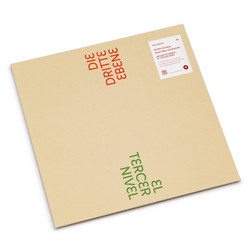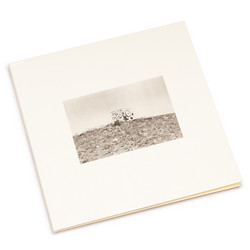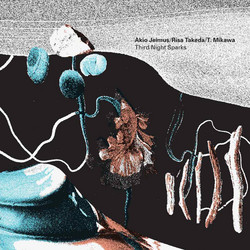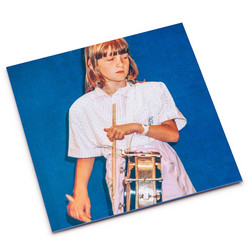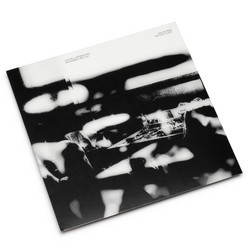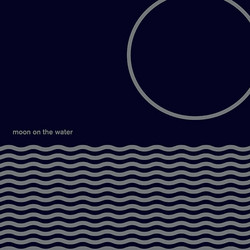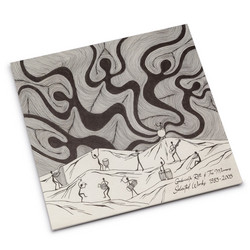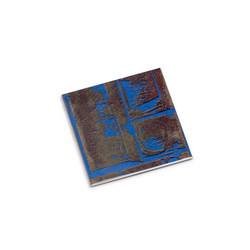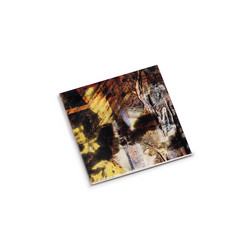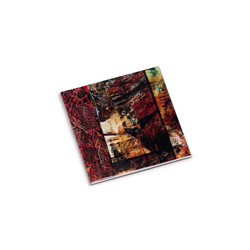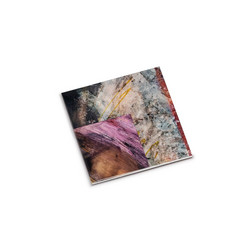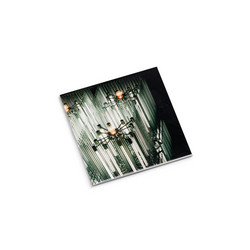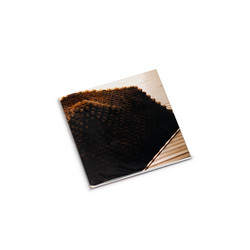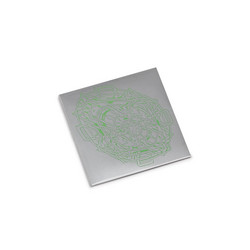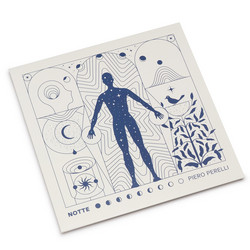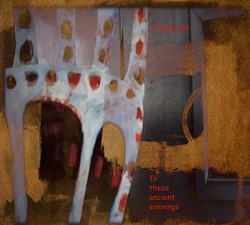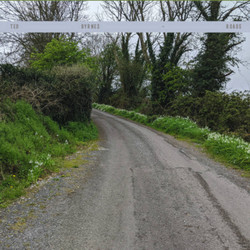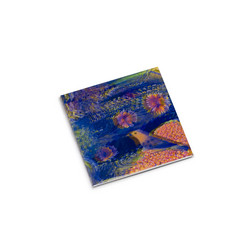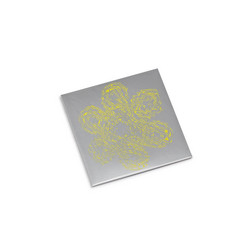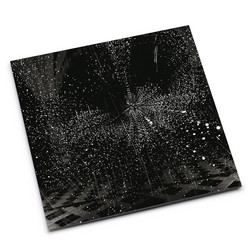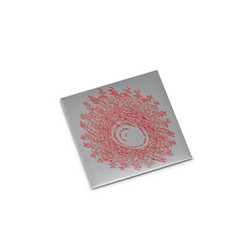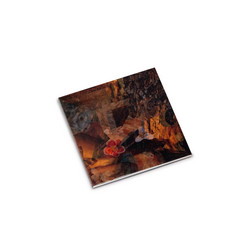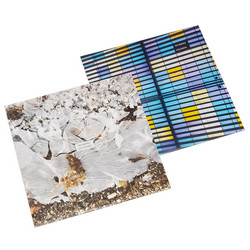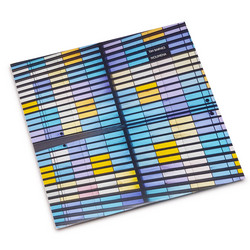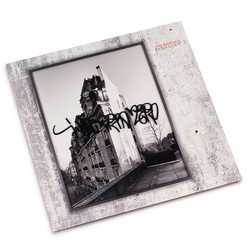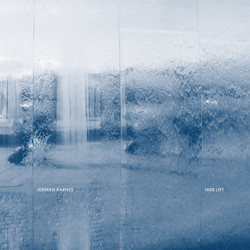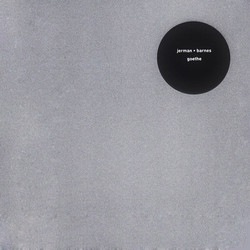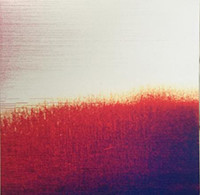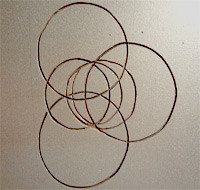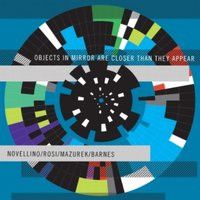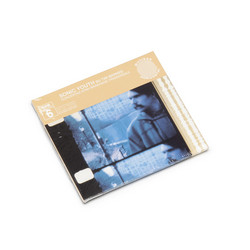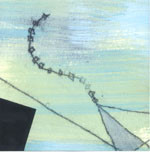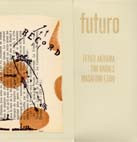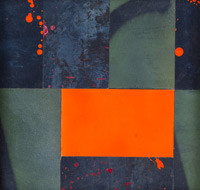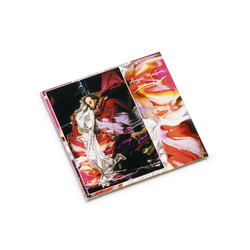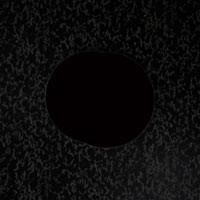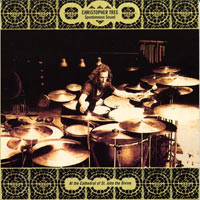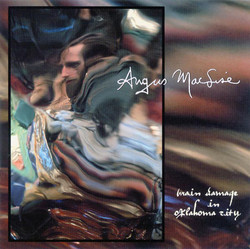After decades of being the rhythmic architect behind some of underground music's most essential recordings, experimental percussionist Tim Barnes steps forward with Lost Words, a deeply personal collection that celebrates collaboration while exploring new sonic territories. Released on Drag City, this remarkable album brings together an extraordinary cast of musicians who have shared Barnes' musical journey over the years. Lost Words represents both a culmination and a new beginning. The album features intimate collaborations with longtime associates including Jim O'Rourke, Glenn Kotche, Darin Gray, David Grubbs, Ken Vandermark, Tara Jane O'Neil, and many others – each track a conversation between kindred spirits who understand the delicate art of collective improvisation.
Barnes' percussion work has long been the secret ingredient in countless seminal recordings, from O'Rourke's genre-defining albums to sessions with Sonic Youth, Wilco, and Silver Jews. Now, Lost Words showcases his vision as a composer and bandleader, creating spacious soundscapes where rhythm becomes texture, and silence carries as much weight as sound. The album's ten tracks flow like a continuous meditation, with each piece exploring different facets of experimental music – from the ambient drift of "Surroundings" to the hypnotic pulse of "Never Touching The Ground." Barnes' approach to percussion extends far beyond traditional drumming, incorporating found sounds, prepared instruments, and environmental textures that blur the line between composition and field recording.
Diagnosed with early onset Alzheimer's in 2021, Lost Words is the first of two recordings undertaken after Tim's diagnosis. Recorded with the assistance of collaborator Ken Brown during the pandemic years, Lost Words emerged from a period of profound reflection and reinvention. The album's creation process was itself an act of musical communication, with Barnes and his collaborators finding new ways to connect across distance and circumstance, transforming challenge into creative possibility.
"This music exists in the spaces between notes," Barnes reflects. "It's about the conversations that happen when musicians trust each other completely."
